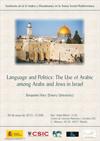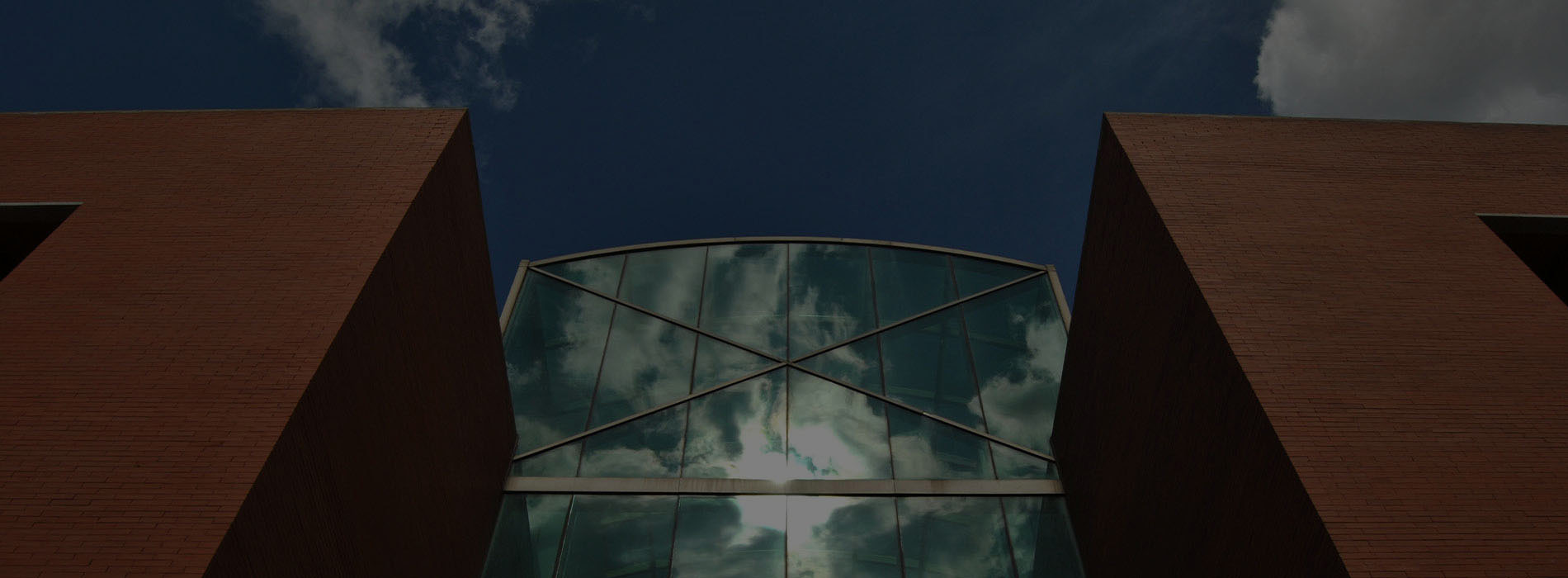Seminario de la LI Judíos y Musulmanes en la Trama Social Mediterránea. "Language and Politics: The Use of Arabic among Arabs and Jews in Israel"
Jue, 30-05-2013; 02:00
Sede CCHS
12:00 hrs. Sala Julián Ribera 1C
Por Benjamin Hary (Emory University)
Contacto: María Angeles Gallego (ILC, CCHS-CSIC)
Resumen de la conferencia:
Judeo-Arabic, a religiolect that has been spoken and written in various forms by Jews throughout the Arabic-speaking world, can help us conceive of the cultural dimension of Israel’s integration in the Middle East by establishing Israel as a true bi- (or even multi-) lingual state where both Hebrew and Arabic (as well as other languages) serve as the functioning and official languages of the state, in the same way that Finish and Swedish are used in Helsinki or various languages are used in India.
This lecture reviews the history and the structure of Judeo-Arabic with its literature that deals for the most part with Jewish topics and is written by Jews for a Jewish readership. The presentation also tackles some terminological issues, especially with respect to the denotation of Arabic-speaking Jews. It concentrates on the modern use of Judeo-Arabic in Israel and elsewhere among Arabic-speaking Jews. It connects the issue to the politics of Arabic in general in Israeli political and cultural life. Furthermore, I will compare the situation in Israel to that in Sri Lanka. The language policy proposals, advanced in this essay, will not only help Israel integrate into the Arab Middle East but will also help its Arabic-speaking citizens feel more connected to the State of Israel.
Benjamin Hary is the Winship Distinguished Research Professor in the Humanities, a professor of Hebrew, Arabic, and Linguistics and the Director of the Program in Linguistics at Emory University. Hary is the author of Multiglossia in Judeo-Arabic (1992), Translating Religion (2009) and Daily Life in Israel (2012, with R. Adler). He is also the editor and co-editor of Judaism and Islam (2000), Corpus Linguistics and Modern Hebrew (2003), and Esoteric and Exoteric Aspects in Judeo-Arabic Culture in 2006. He also published over 50 articles and book reviews on Judeo-Arabic, as well as Arabic and Hebrew linguistics, and has lectured widely in Europe, Israel, and North America. His research interests include Jewish languages in general and Judeo-Arabic in particular, the politics of Arabic language use in Israel and Israeli society, corpus linguistics, dialectology, and sociolinguistics. He has recently focused his research on issues such as why and how Jews (and for that matter, Christians and Muslims as well) speak and write differently from people who are not Jews (or Christians and Muslims).

Cartel1.7 MB



